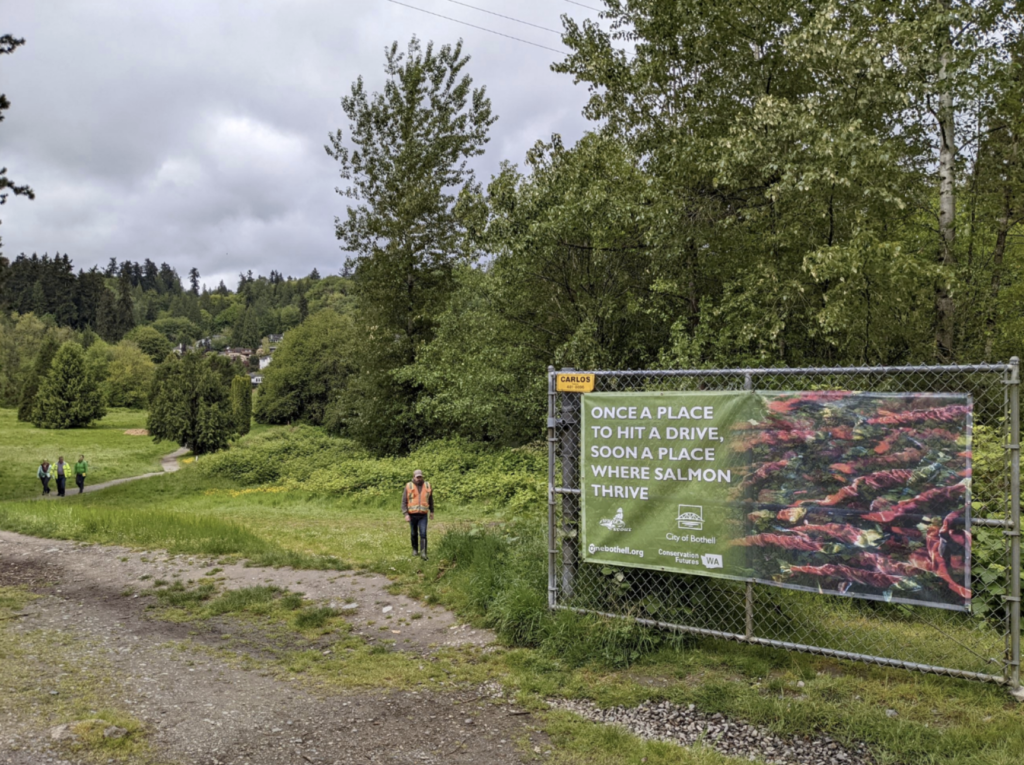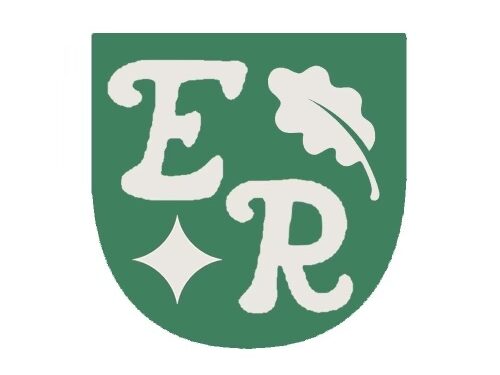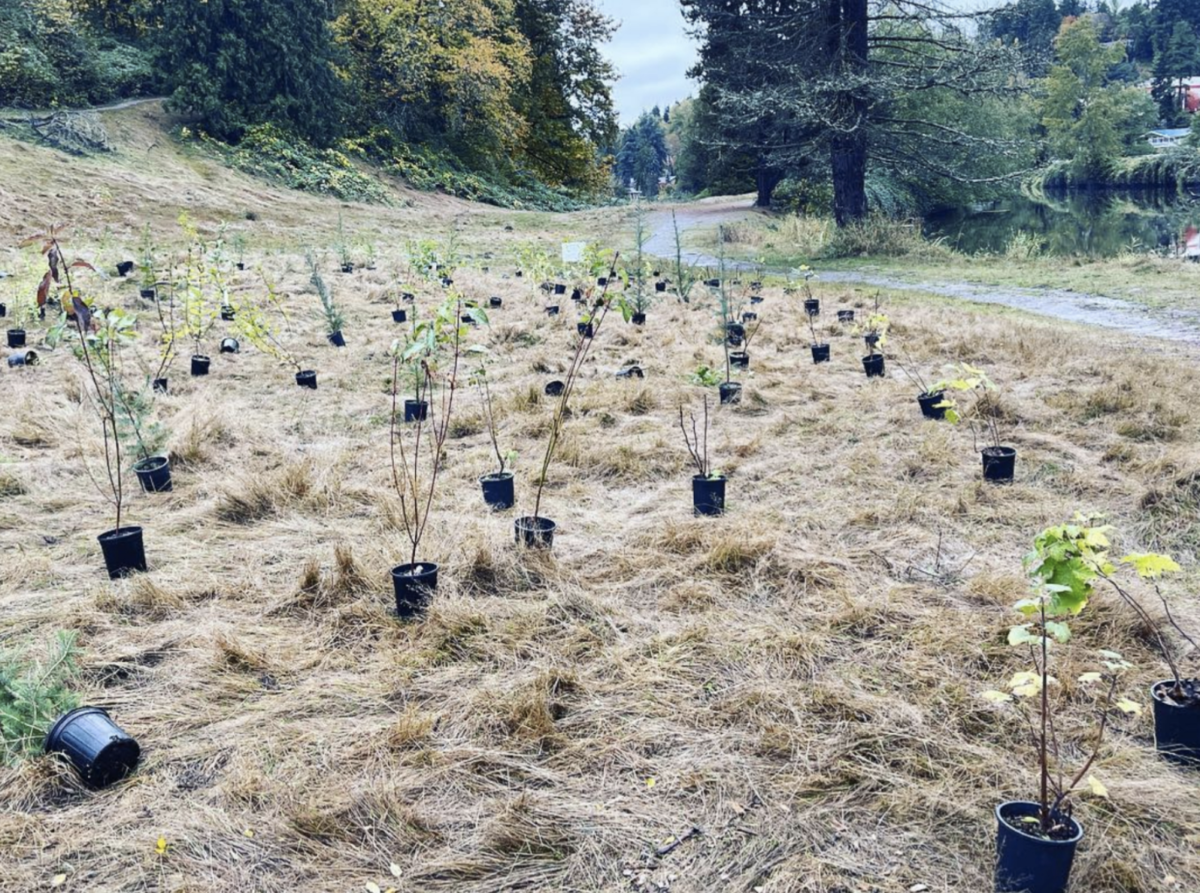The ocean is one layer of the biosphere that is heavily affected by human-made climate change. More than half of all marine species are at risk of extinction by the next century. (How Is Climate Change Impacting the World’s Ocean?) There are many different problems, some having unimaginable scopes of issues. The Ocean Cleanup, a non-profit organization dedicated to removing plastic from the ocean estimates that “1.15 to 2.41 million tonnes of plastic are entering the ocean each year from rivers.”
Often, this scope makes it incredibly difficult for people to become motivated. One may believe they cannot do enough to make a difference or that their efforts will never afford them the proper outcome. Although the global climate crisis is overwhelming, community and local action support imaginative ways that people can work towards a better future. An organization that has been able to take action on the problem of the sea from the land is Whale Scout, a nonprofit from the state of Washington.
What is Whale Scout? To quote Whale Scout’s Student and Community Education Coordinator, Rachel Kutz:
Whale Scout is a local non-profit based largely in Bothell, WA doing land-based habitat restoration. Much of the work we currently do is at a 90-acre park that was previously used as a golf course. The park includes a nearly-mile stretch of the Sammamish River. Due to the lack of tree canopy and invasion of non-native plants in the park, the quality of salmon habitat has diminished. Whale Scouts’ goal is to rebuild the Southern Resident Killer Whale population by bringing back Pacific salmon populations back to healthy numbers. In order to restore salmon populations in our local streams and rivers, providing healthy riparian habitat is critical. We do this by removing invasive plants, infilling native plants, testing for water quality, and providing education along the way!
The Former Wayne Golf Course, where Whale Scout conducts its work, has its own exciting story. The park stretches 89 acres and is split by the Sammamish River, which is frequently used as a migratory route for salmon. After the Wayne Golf Course was closed, it was designated to be turned into a neighborhood of townhomes and single-family homes. Construction had even been preemptively contracted in the back nine of the course before any official agreements on what to do with the land had been struck.
However, a group called OneBothell was created by community members who opposed this decision. With the community’s support, Forterra NW — a land trust and organization in Washington State — purchased the entire property in 2016 as a “buy and hold.” Afterward, the city of Bothell and King County worked together to acquire the property from Forterra. From there, it became a lively park, with designated passive-use trails for walking dogs, active use made available for non-industrial and residential construction, and acres for the salmon habitat.
Various organizations, among them Whale Scout, were permitted to work on improving the green space of the Former Wayne Golf Course. In its previous form, the biodiversity and presence of native plants were incredibly diminished, which Whale Scout now works to combat. Whale Scout works in a series of passive-use areas around the salmon habitat zone and its environs to create a healthy riparian forest and ecosystem, improving the health of the salmon that pass by during their lives.
Attempting to tackle distant problems, such as improving the lives of the Southern Resident Killer Whales, is challenging, so Whale Scout found a creative solution. In Kutz’s words:
“Water connects us all, meaning the health of a stream can affect the health of a river many miles away. That being said, the health of the Sammamish River has a large effect on the marine life that inhabits it, which makes a huge impact on our whales. Salmon spend the first few years of their lives in our local waters before making it out to sea. By providing them with the best conditions possible, they have the best chance to migrate out to the ocean, be a large healthy meal for orcas or strong enough for their journey back to spawn.”

Kutz offered several suggestions for average people seeking easy ways to support marine life. On the possible ways that the average person could help the ocean, she gave several points of advice, stating, “I believe there are ample opportunities to protect the ocean and marine life from across the globe.” She offers the following suggestions:
1.) Wash your car in designated car washing stations or businesses to prevent chemicals or pollutants from running off into local bodies of water or drains.
2.) Vote to help organizations or the state you live in prioritize things like salmon recovery work or ocean conservation.
3.) Minimize plastic use and dispose of it properly to better prevent microplastics from getting into our water and the bodies of marine animals.
4.) Educate people so they can also get inspired and make the changes for a better climate.
For those searching for ways to make a difference, she suggests “pinpoint[ing] what inspires you the best, what you are passionate about wanting to change. From there, look into any local organizations that share that same value and see if you can get involved.”
The world’s problems can often seem larger than life, so much so that they eclipse the ability of any one person’s ability to address them. However, within everyone is the ability to work with others and make change with their hands, impacting the world, no matter how far we are from what they want to change.
Sources:
Former Wayne Golf Course Fact sheet, The City of Bothell, December 2019, https://www.bothellwa.gov/DocumentCenter/View/10446/Former-Wayne-Golf-Course—Fact-Sheet-Dec-2019 Accessed 2 Oct. 2024
“How Is Climate Change Impacting the World’s Ocean.” United Nations, United Nations, www.un.org/en/climatechange/science/climate-issues/ocean-impacts. Accessed 2 Oct. 2024.
Pittman, Mitch. “Old Wayne Golf Course Becomes Bothell’s Largest Parkland Acquisition.” Komo News, Komo News, 14 Dec. 2017, komonews.com/live/old-wayne-golf-course-becomes-bothells-largest-parkland-acquisition. Accessed 2 Oct. 2024
“The Great Pacific Garbage Patch.” The Ocean Cleanup, The Ocean Cleanup, theoceancleanup.com/great-pacific-garbage-patch/. Accessed 2 Oct. 2024.
Whale Scout, Whale Scout, www.whalescout.org/formerWayneGolfCourse. Accessed 2 Oct. 2024.Deltcheva, Denitza, Various Photos, www.whalescout.org/formerWayneGolfCourse. Accessed 10 Oct. 2024

